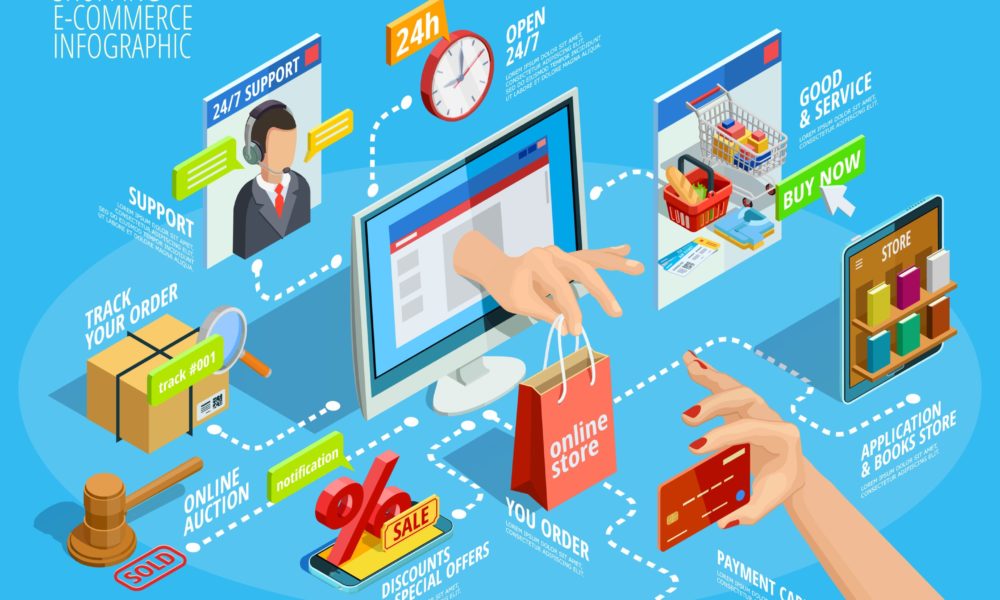Technology
Jumia, Konga to Struggle as Facebook Enters E-commerce Space

- Jumia, Konga to Struggle as Facebook Enters E-commerce Space
Nigeria’s top e-commerce companies, Jumia, Konga, etc will henceforth have to adjust their strategies to survive Facebook entrance into the e-commerce space.
Mark Zuckerberg, the Chief Executive officer and co-founder, Facebook, last week announced that the social media giant will launch an e-commerce focus product that will allow Facebook, Instagram and Messenger users to post products for sale on their profiles, Stores or in Ads for free.
“It’s one simple and consistent experience across this family of apps, which means it is easier for people,” Zuckerberg said in a live stream on Facebook. “That of course means there’ll be higher conversions and more sales for small businesses.”
According to experts, the move could open up an additional $30 billion in revenue for Facebook as users are expected to pay a small fee/commission for using the company’s payment gateway.
However, Nigeria’s E-commerce platforms like Konga, Yudala, Jumia, etc will struggle to sustain or increase the number of merchants on their platforms given Facebook reach and presence in Nigeria.
In 2019, a video recorded by Juliani, a Kenyan gospel artist who visited Facebook’s head office, shows Facebook has 33 million monthly users in Nigeria and over 16 million daily users. Meaning, Facebook already has a potential market of 33 million users to offer its free product listing service.
Accordingly, Facebook has data of these potential users for an easy free campaign across key sectors, unlike Nigeria’s E-commerce platforms that need expensive aggressive campaign and registration to get customers on their platforms.
Also, with most Nigerian based e-commerce platforms yet to scale or still struggling with billions of dollars in debt, they do not have enough operating capital to compete with the likes of Facebook, Google that are leveraging on existing databases and reach to gain and sustain their growth in most industries.
Nigerian users on Facebook owned platforms (Instagram, WhatsApp, Messenger) with reasonable followers will now prefer to list their products on their profiles rather than starting anew on platforms that usually limits their sales to Nigeria.
For instance, Nigerian based tailors can now reach Nigerians in diaspora looking to buy Nigerian made designs without having to worry about limited or restricted payment gateway that over time has reduced them to just the Nigerian market.
Therefore, Nigerian e-commerce companies are likely to struggle with growth as many users are expected to abandon their platforms for a more affordable Facebook with global reach.